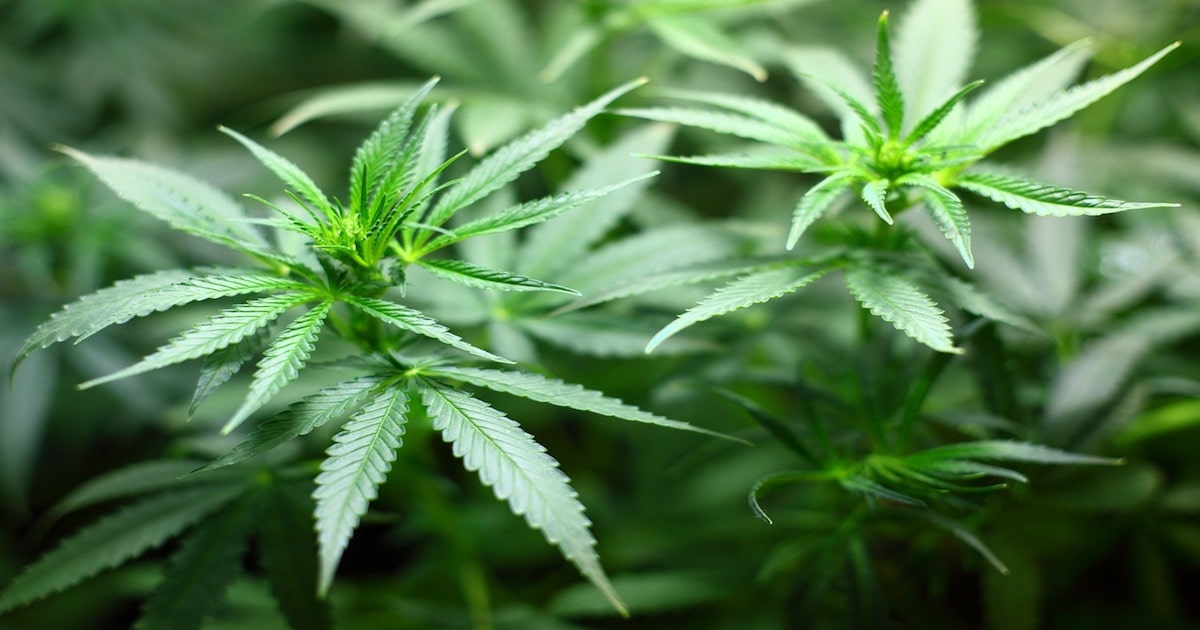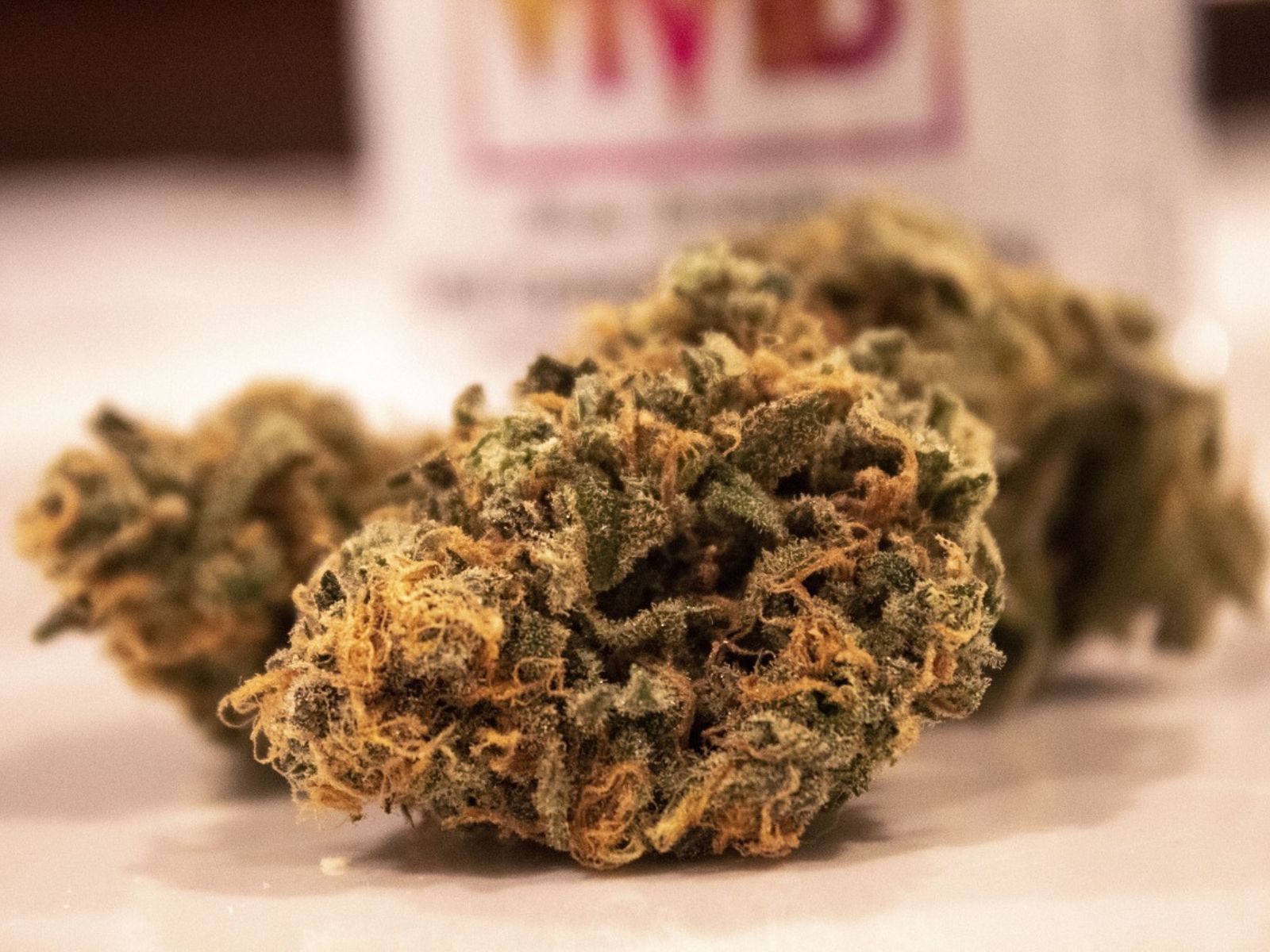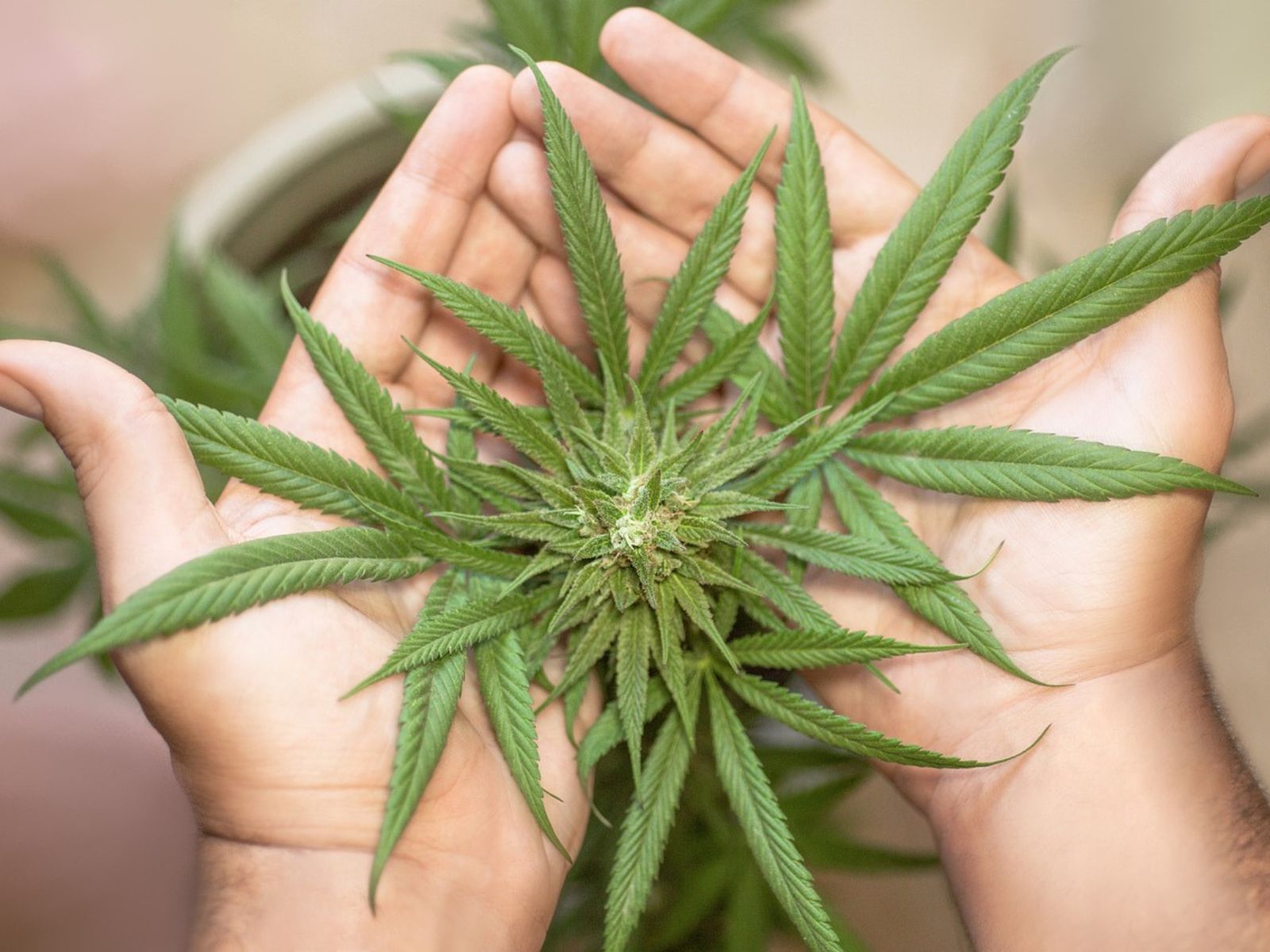
Italian Ministry Of Défense Publishes Pre-Bid Call For New Cannabis Cultivation Companies

Italian Ministry Of Défense Publishes Pre-Bid Call For New Cannabis Cultivation Companies
The Ministry is trying to identify qualified cultivators to cultivate in Florence
The Ministry of Defense has just published an “expression of interest” to identify companies that are able and qualified to grow medical cannabis plants. The call was designed to increase production for domestic use with the aim of achieving self-sufficiency from a medical perspective.
A technical department has been set up to begin this definitive start to call for new tenders for medical cultivation. The direct link can be found here.
Qualifications are broken into four sections – with the first qualification being GMP certification.
- Qualitative selection of candidates
- Technical inspection
- Confirmation of expression of interest
- Invitations to apply (which is restricted)
Both existing farms and freelancers registered with the Chamber of Commerce, or the competent professional associations will be considered, providing that they have the right experience as well as an in-depth understanding of the current legislation. A valid insurance policy of at least 10 million euros will also be required.
The due date is June 27.
The Domestic Security Argument
The Italian decision to increase the domestic production of cannabis (by highly limited tender bid) certainly comes at an interesting time, particularly given pending recreational reform just across the border with Germany. While ostensibly just for domestic consumption, it is unclear if Italy wants to also position itself as a major exporter as other markets come online – particularly those like Luxembourg where for now, the only cannabis cultivation that is going to be allowed in the short term is home grow.
Beyond this, the moves seem to be the first in Europe where authorities consider cannabis so valuable that they are specifically setting up cultivation to meet so far unmet domestic supply – and further as a self-identity national security issue.
Just across the border in Germany, the three cultivators who won the first bid were deliberately instructed to grow far less than would be obviously needed. This is why the ex-im market aus Deutschland is so dynamic, not to mention important.
That said, this may mark a turning point for the discussion, not just in Italy, but across Europe. Supply chain security for both food and medicine has become a much hotter topic post Pandemic, with convoluted supply chains and a re-examination of national policies in shoring up as much domestic production as possible.
It is also, of course, a tacit admission of the huge job creation potential of the sector.
The Italians, in other words, are not just releasing a domestic agricultural tender. They might well be on the edge of a coming, new, and much overdue green flood that seems poised to take over Europe.
Share article


Share article
Join Our Awesome Community
Join Our Awesome Community
Join Our Awesome
Community
Get all the latest industry news
delivered to your inbox







